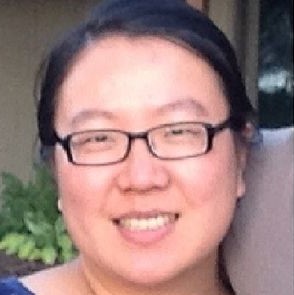Last week we asked Mary Li Ma and Li Jin, Chinese scholars originally from mainland China now based in the US who have been studying the church in China for many years, what advantages they have as indigenous researchers in understanding church development in China. This week they share the challenges indigenous researchers face.
As researchers of the indigenous church in China, one challenge we face is the lack of prior research with which we can dialogue. There are so many important questions to study in the contemporary scene, but very few focused, empirical research papers are being published in the English language.
In addition to the lack of prior research, a second challenge for indigenous researchers is the inaccessibility of publications by Christian scholars in the West. For example, when I (Mary) was writing The Chinese Exodus, I found it necessary to dialogue with public theologians who have written on issues such as globalization and urbanization. Because we are currently based in Michigan with access to library resources, I was able to interact as was needed. I can imagine the difficulties that arise for indigenous researchers who are based inside China without that access.
Related to that inaccessibility to outside research is another challenge. Chinese researchers often focus only on the particularity of the Chinese church. This was our challenge in the beginning too, as a result of tacit cultural knowledge.
Non-local scholars can have a broader approach are able to place the study of Chinese Christianity into a global, multicultural, and comparative background. They are good at capturing the generality as well as particularity of Chinese Christianity. That is an advantage of having some cultural distance. Non-local scholars can also explore the deeper social structures behind a culture that are taken for granted by local researchers—a price that is paid for cultural over-embeddedness.
The need for an interdisciplinary approach is a fourth challenge. Research done from an interdisciplinary approach is lacking. We see interdisciplinary research as very important because as the author of Church-Planting in Post-Christian Soil puts it, since “church is a diverse, complex, and simultaneously sociocultural and theological reality, it naturally requires boundary-crossing of many disciplines, such as social sciences, historical research, and practical theology.”[1] We echo the motivation “not only to write about church but also to write as church and for church.”[2]
Image credit: Chinese Gdn – thru window by Kathleen Conklin via Flickr.

Mary Li Ma
Mary Li Ma (MA Li) holds a PhD in sociology from Cornell University. Currently a research fellow at the Henry Institute of Christianity and Public Life at Calvin University, Dr. Ma and her husband LI Jin have coauthored articles, book chapters, and are the authors of Surviving the State, Remaking the Church: …View Full Bio

LI Jin
LI Jin is a PhD student at Calvin Theological Seminary. Prior to seminary he was a PhD candidate in economic history at a Shanghai university. He writes on Christian thought for both public and Christian media outlets in mainland China and Hong Kong. LI Jin and wife Mary Li Ma have coauthored articles, book …View Full Bio
Are you enjoying a cup of good coffee or fragrant tea while reading the latest ChinaSource post? Consider donating the cost of that “cuppa” to support our content so we can continue to serve you with the latest on Christianity in China.